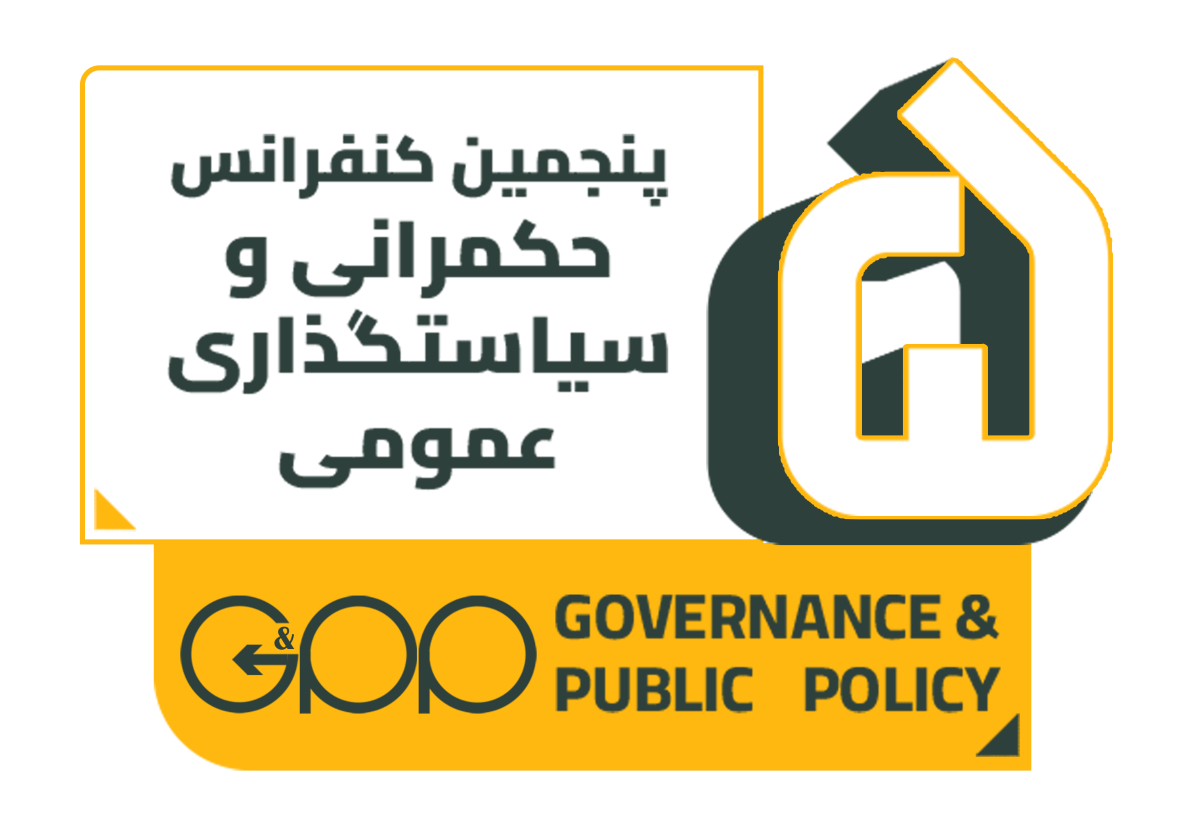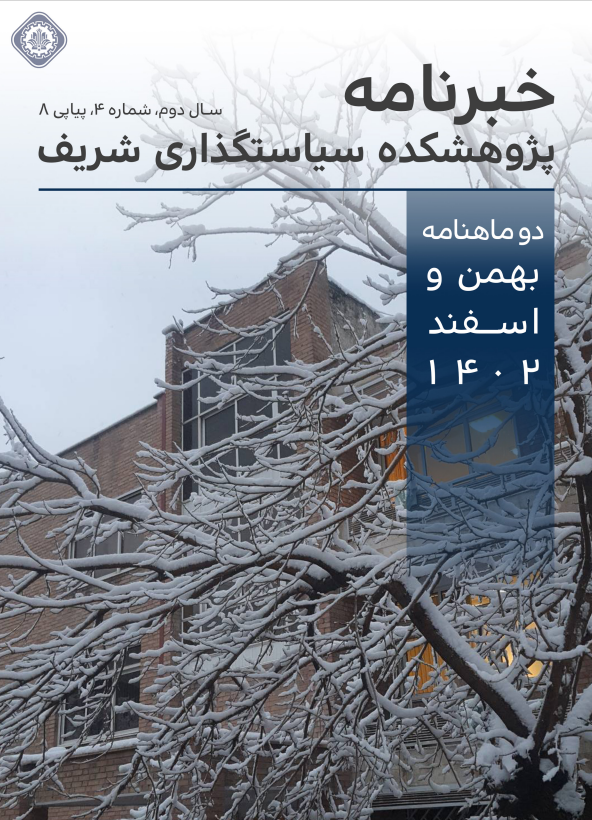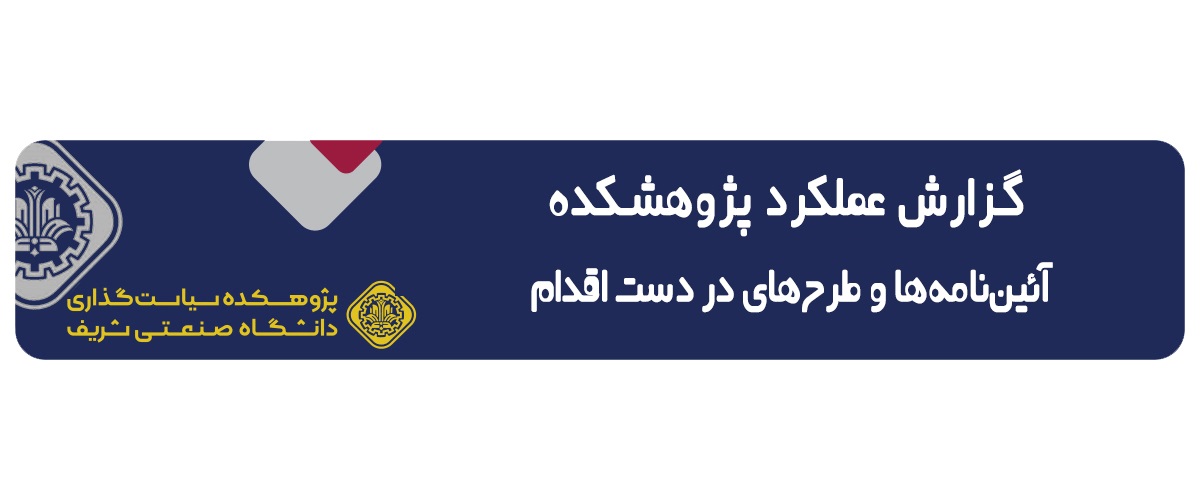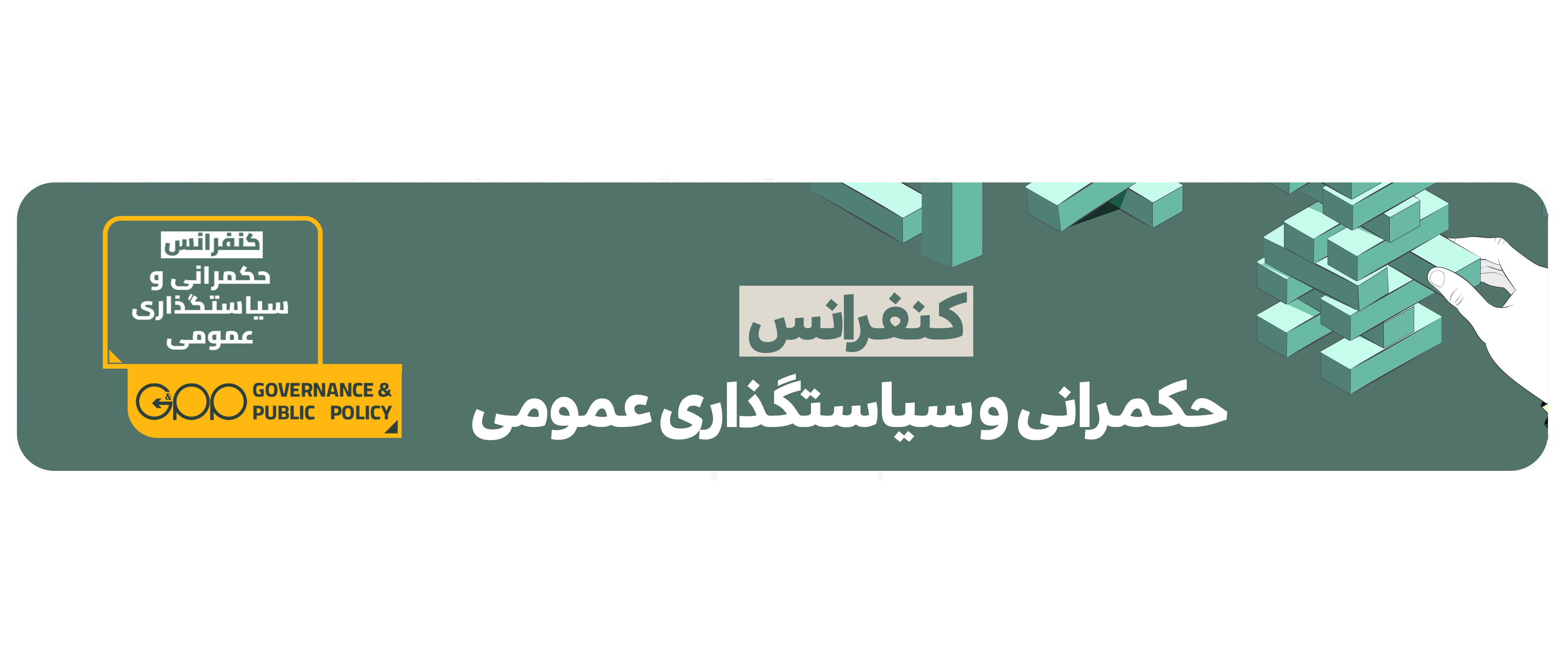چكيده
The global COVID-19 pandemic has lasted more than a year. Iran's unorthodox response to the crisis could be understood as a bottom-up or popular response. It has a long history of fighting against floods, earthquakes, storms, and other natural disasters. S mall popular, civic, community, or jihadi groups enter the crisis field freely and provide a variety of services. This article analyzes the dimensions of these activities, as well as their challenges, using 26 semi-structured interviews with managers and activists from various groups. The findings indicated that the activities included the following: 1) financing, purchasing, and distributing food; 2) public health measures; 3) organizing ceremonies and gatherings; 4) assisting healthcare workers; 5) promptly delivering specialized services and products for the first time or on a large scale; 6) cultural, promotional, and educational measures; and 7) empowerment of vulnerable, popular actors, and decision makers. Additionally, the most significant challenges identified were: 1) a lack of knowledge; 2) poor coordination and cooperation; 3) government dysfunction; 4) a lack of specialization and learning; and 5) a lack of empowerment and supply of root response to
demands.
demands.
Keywords: Bottom-up response to crisis; Crisis Management; Civic engagement
Citizen-driven response to crises; Faith-driven engagement.
Citizen-driven response to crises; Faith-driven engagement.


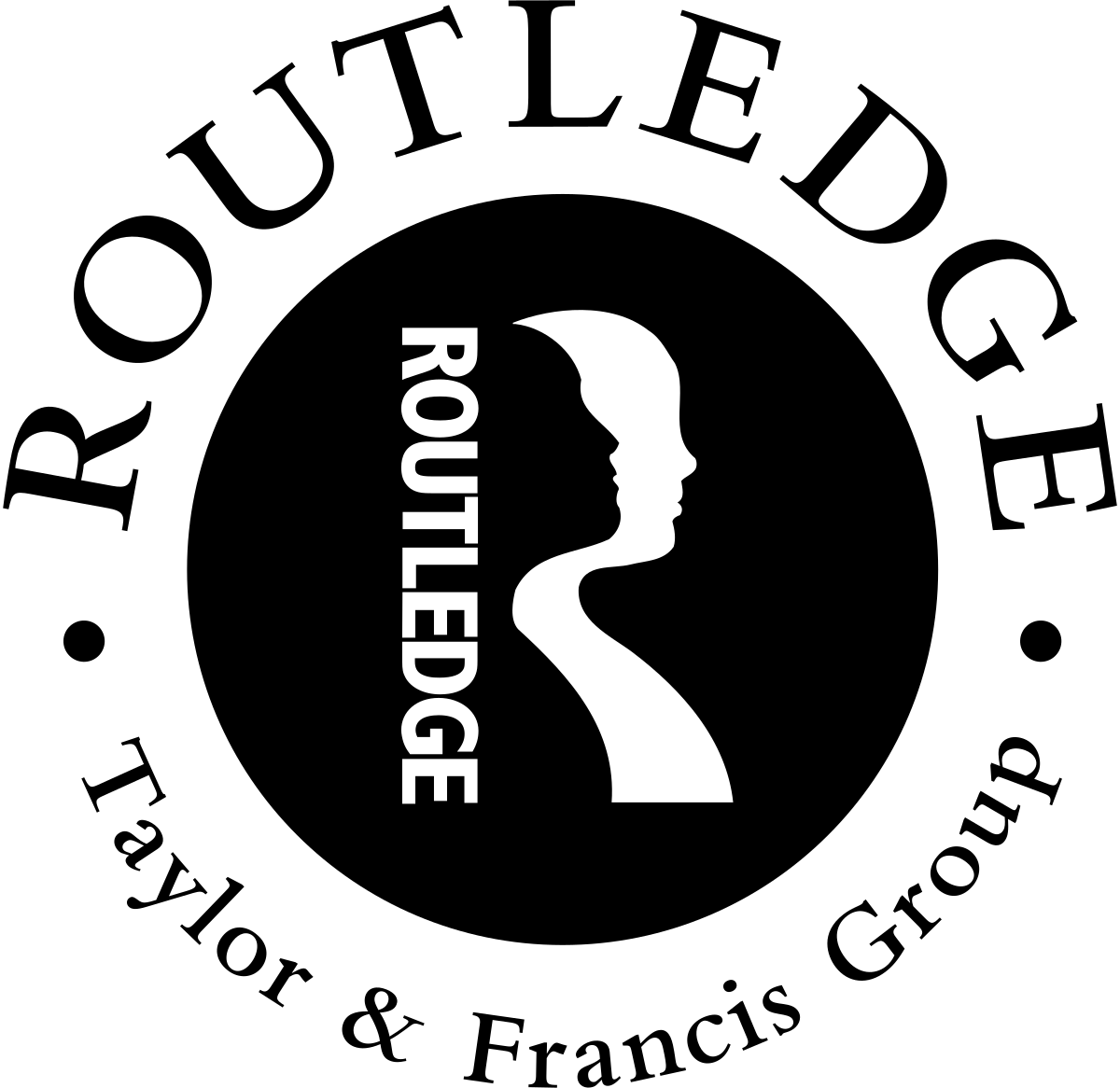
 علی ملکی
علی ملکی نجم الدین یزدی
نجم الدین یزدی
